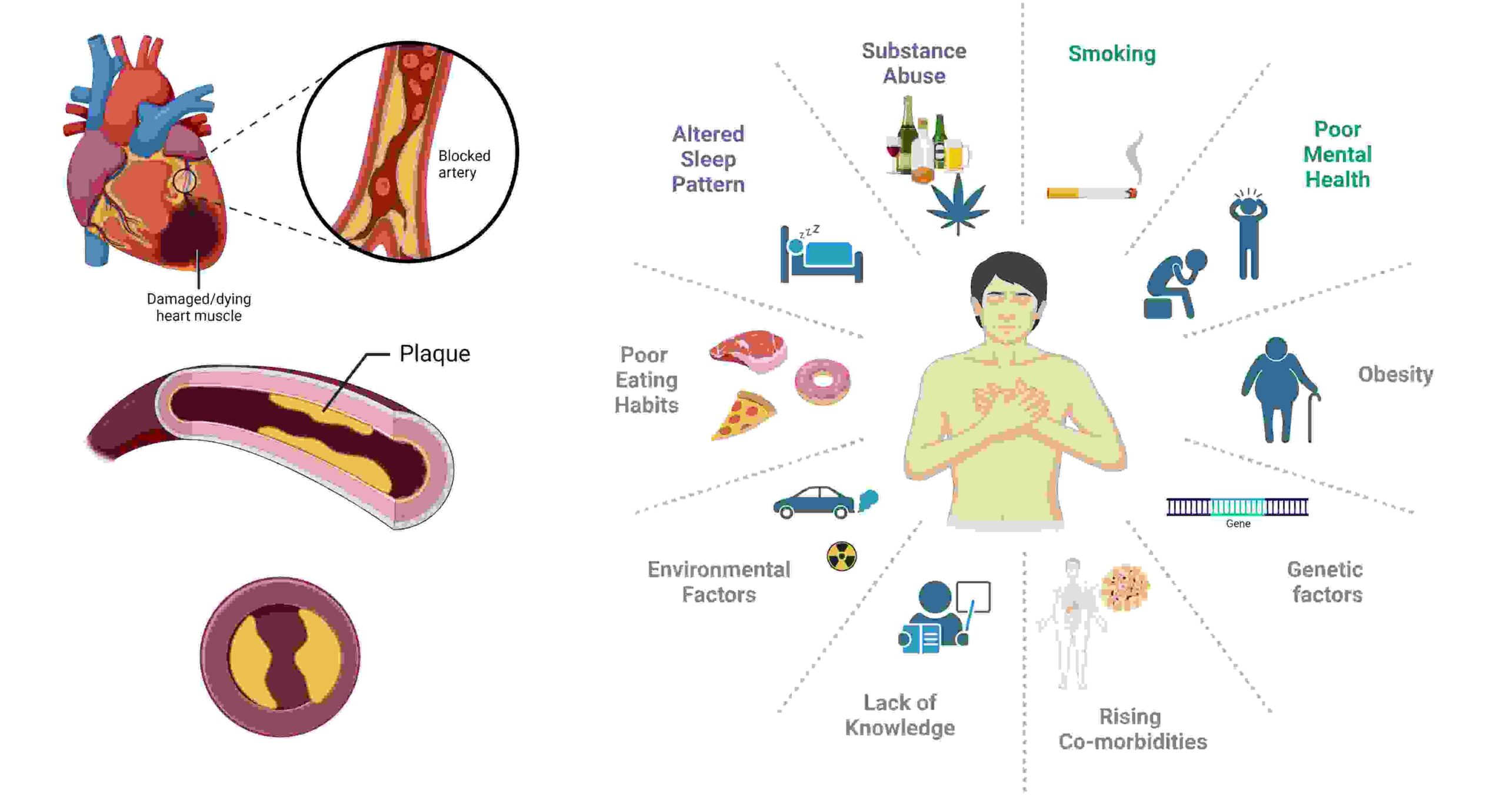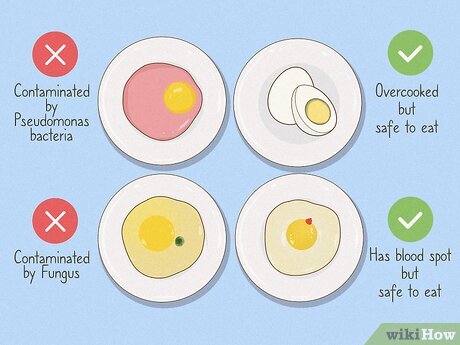Heart-Related Deaths in Young Adults – How Genes, Binge Drinking, and Stress Are Fueling a Silent Epidemic
By: Javid Amin | 18 Aug 2025
The Silent Epidemic Among Young Hearts
They look fit, they hit the gym, and their Instagram feeds show vibrant lifestyles filled with marathons, protein shakes, and fitness selfies. Yet, in shocking headlines week after week, we read about young men and women—some barely in their 20s or 30s—collapsing from sudden heart attacks.
India today is witnessing a disturbing surge in heart-related deaths among young adults. What makes this crisis unique is the paradox: many victims appeared “healthy” from the outside. They were not obese, not visibly ill, and often followed regular exercise routines.
So, what’s going wrong?
Behind the tragic stories lies a dangerous cocktail of genetic vulnerabilities, unhealthy lifestyle accelerators, and immense psychological stress. Experts warn that unless urgent steps are taken, the problem will spiral further—affecting millions in the most productive years of their lives.
The Genetic Time Bombs: Why Some Young Hearts Fail Too Early
Familial Hypercholesterolemia (FH) – Cholesterol from Childhood
One of the strongest genetic culprits is Familial Hypercholesterolemia (FH)—a condition that affects 1 in 250 people worldwide. FH is not just “high cholesterol.” It’s cholesterol on steroids, where individuals are born with mutations that keep their blood saturated with harmful LDL cholesterol from early childhood.
-
In India, FH is responsible for 15% of all heart attacks in people under 40.
-
Children with FH often develop fatty deposits in arteries before they even enter their teenage years.
-
Without treatment, many face their first heart attack before turning 30.
Dr. J.P.S. Sawhney, Chairperson of Cardiology at a leading Delhi hospital, emphasizes:
“We start treatment as early as age 2 for FH patients. The earlier we detect, the longer we can protect.”
Lipoprotein (a): The Invisible Killer in Indian Bloodlines
Another genetic driver is Lipoprotein (a), a cholesterol particle found in 25% of Indians—much higher than the global average.
-
Levels above 50 mg/dL dramatically raise the risk of severe coronary artery disease.
-
Unlike regular cholesterol, diet and exercise barely impact Lipoprotein (a).
-
No approved treatment exists yet, though global trials are underway for 2026.
The frightening part? You can look lean, eat clean, and still carry dangerously high levels without ever knowing it—until the damage is done.
Lifestyle Accelerators: When Modern Choices Pull the Trigger
Binge Drinking: A Weekend Habit with Deadly Costs
Alcohol, especially binge drinking, has become a staple of urban youth culture. Birthday parties, office stress, and weekend outings often revolve around heavy drinking.
But here’s the harsh truth:
-
Binge drinking spikes blood pressure, disrupts heart rhythms, and increases clotting—perfect conditions for a sudden cardiac event.
-
In genetically predisposed individuals, even a few heavy sessions can be fatal.
-
Studies show that Indian youth are among the fastest-growing binge-drinking groups in Asia.
Silent Hypertension – The Hidden Predator
Known as the “silent killer”, hypertension (high blood pressure) often goes unnoticed until tragedy strikes.
-
Nearly 1 in 3 young Indians has high blood pressure.
-
Many discover it only after a stroke or heart attack.
-
Stress, junk food, high salt intake, and lack of regular check-ups fuel this epidemic.
Sleep Deprivation and Chronic Stress
The “hustle culture” glorifies sleepless nights and endless productivity. Yet, sleep is when the heart repairs itself. Chronic deprivation leads to:
-
Higher cortisol (stress hormone) levels
-
Increased risk of arrhythmias (irregular heartbeats)
-
Early thickening of arteries
Overexertion in Gyms
Fitness is good—but fitness without medical guidance can be fatal. Many young people push themselves into extreme workouts without screening for genetic risks or underlying conditions.
Dr. Rajiv Bhal, Director General of ICMR, warns:
“Heavy exercise without proper medical evaluation can be fatal for those with faulty genes.”
Mental Health and the Pressure to Perform
Beyond physical risks, psychological strain plays a massive role in young heart tragedies.
-
Career pressure: The rat race for jobs, promotions, and financial stability pushes young professionals into chronic stress.
-
Social media comparison: Constant exposure to curated lives creates anxiety, low self-esteem, and burnout.
-
Lack of emotional outlets: Unlike older generations, many young adults don’t have strong community or family support systems, leaving stress bottled up.
Stress doesn’t just “feel bad”—it actively triggers heart disease by:
-
Raising blood pressure
-
Promoting inflammation in arteries
-
Triggering sudden cardiac arrest in vulnerable individuals
Early Screening: Catching Danger Before It Strikes
The most powerful defense against early heart tragedies is screening.
What Should Be Checked?
-
Fasting lipid profiles – To detect high cholesterol early
-
Dutch Lipid Clinical Network (DLCN) criteria – For identifying FH
-
Cascade screening – Testing siblings and children of affected individuals
-
Regular BP monitoring – To detect silent hypertension
Advanced Genetic Testing
With India’s high burden of FH and Lipoprotein (a), genetic screening can save lives. If one family member is diagnosed, relatives must be tested.
Lifestyle Interventions: Small Changes, Lifesaving Results
Lifestyle can’t change your genes—but it can control how your genes express themselves.
Heart-Smart Habits
-
Regular physical activity (but medically guided)
-
Balanced diet rich in fruits, vegetables, whole grains, and omega-3 fatty acids
-
Adequate sleep – At least 7–8 hours
-
No smoking – Tobacco remains the single biggest preventable cause of heart attacks
-
Alcohol moderation – Ideally, no binge drinking at all
Stress Reduction
-
Meditation, yoga, or mindfulness
-
Limiting screen time and social media
-
Building real-life connections and support networks
Public Awareness: A Societal Wake-Up Call
The rise in young heart deaths is not just a medical issue—it’s a public health crisis. Awareness campaigns, school-level heart health education, and workplace wellness initiatives are critical.
Governments, healthcare institutions, and communities must unite to:
-
Offer affordable screenings
-
Run awareness drives on binge drinking and hypertension
-
Integrate mental health support into primary healthcare
Bottom-Line: Even the Fittest Hearts Can Fail
The surge in heart-related deaths among young adults in India is a tragedy wrapped in paradox. People who look the healthiest on the outside may be carrying silent risks within.
As experts often say:
“Genetics loads the gun, but lifestyle pulls the trigger.”
We cannot control our genes, but we can control our choices, our stress, and our awareness. Early screening, better lifestyle habits, and emotional resilience are the keys to breaking this endless loop of young heart tragedies.
“Even the fittest hearts can fail—if we don’t listen to what they’re silently enduring.”




